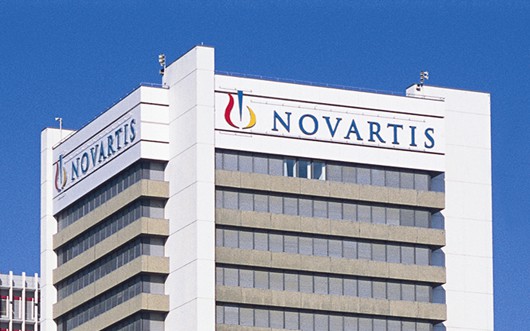
Novartis has revealed intriguing new findings from studies of its psoriasis drug Cosentyx suggesting that in some patients it may be possible to stop treatment without skin symptoms returning.
The new data provides the first evidence that Cosentyx (secukinumab) – an interleukin-17 inhibitor – could actually modify the course of psoriasis and free some patients from requiring chronic treatment.
The results came from a trial of 120 patients who had been treated for one year with Cosentyx with a good clinical result, who then either continued treatment or took a break, only starting again if symptoms resumed.
The investigators found that as expected, those on continuous treatment maintained a high level of response. Among the group that stopped, however, one in five patients remained symptom-free for a year, and 10% had no relapses within two years.
Digging into the data, it seems that patients who had psoriasis symptoms for longer before treatment started were less likely to go into remission, “suggesting that early intervention increases the chance of remaining relapse free”, according to Novartis.
“These results suggest that Cosentyx may go beyond simply treating symptoms and could actually modify the course of psoriasis and highlights the need for further investigation into early intervention,” said Vas Narasimhan, Novartis’ chief medical officer.
“Being able to change the course of disease is the ultimate goal of treatment,” he added. As a result, the drugmaker is carrying out another study in newly-diagnosed patients – called STEPIn – to “further understand the disease-modifying ability of Cosentyx in psoriasis”.
The data adds to the lustre surrounding Cosentyx, which became a blockbuster in its first full year on the market, making sales of $1.1bn in 2016, and according to Novartis, the drug is “key to the future growth prospects of the company” along with new heart failure therapy Entresto (sacubitril and valsartan) and its oncology assets.
If confirmed, the new finding could also help keep some clear air between Novartis’s drug and newer IL-17 inhibitor competitors, namely Eli Lilly’s Taltz (ixekizumab) which was approved in the US last March and Valeant’s Siliq (brodalumab) which got its first green light in February.




